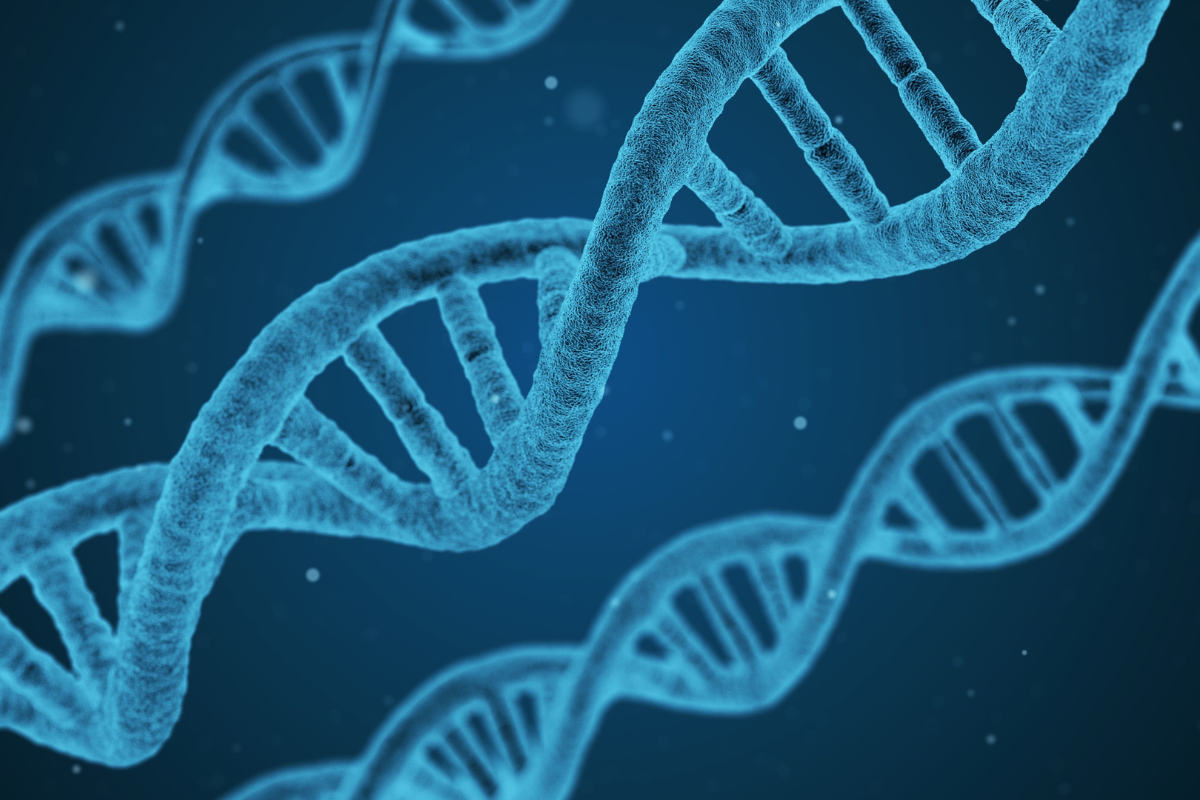Sperm DNA Fragmentation and Its Impact on Male Fertility and Miscarriage Risk
Sperm DNA fragmentation is a critical factor in male fertility that refers to the presence of damaged or broken DNA strands within sperm cells. This condition can significantly impact conception, embryo development, and pregnancy success rates. Understanding sperm DNA fragmentation, its causes, diagnostic importance, and implications for miscarriage risk can help couples facing fertility challenges make informed decisions regarding treatment and lifestyle modifications.
What Is Sperm DNA Fragmentation?
Sperm DNA fragmentation occurs when the genetic material within the sperm becomes damaged. While some level of fragmentation is normal, excessive DNA damage can impair the sperm’s ability to fertilise an egg or lead to embryo development issues. High levels of sperm DNA fragmentation are associated with reduced fertilisation rates, poor embryo quality, increased miscarriage risk, and lower success rates in assisted reproductive technologies (ART) like in vitro fertilisation (IVF) and intracytoplasmic sperm injection (ICSI).
Causes of Sperm DNA Fragmentation
Several factors can contribute to increased sperm DNA fragmentation:
- Oxidative Stress – Excessive free radicals in the body can damage sperm DNA. Common causes include smoking, pollution, poor diet, and chronic infections.
- Varicocele – A condition characterised by enlarged veins in the scrotum, leading to increased testicular temperature and oxidative stress.
- Advanced Age – Sperm quality declines with age, leading to an increased risk of DNA fragmentation.
- Lifestyle Factors – Smoking, excessive alcohol consumption, drug use, and exposure to environmental toxins can contribute to sperm damage.
- High Testicular Temperature – Frequent use of hot tubs, saunas, tight clothing, and prolonged laptop use on the lap can elevate testicular temperature and impact sperm health.
- Infections and Inflammation – Sexually transmitted infections (STIs) and chronic inflammation in the reproductive tract can lead to sperm DNA damage.
- Poor Diet and Nutritional Deficiencies – A lack of essential vitamins and antioxidants can increase oxidative stress, affecting sperm quality.
- Hormonal Imbalances – Low testosterone levels or other hormonal disorders can impair sperm production and increase DNA fragmentation.
- Exposure to Radiation and Chemicals – Workplace hazards, chemotherapy, or radiation therapy can contribute to sperm DNA damage.
Importance of Sperm DNA Fragmentation in Male Fertility Diagnosis
Traditional semen analysis assesses sperm count, motility, and morphology but does not evaluate sperm DNA integrity. Sperm DNA fragmentation testing provides deeper insight into sperm health and can be especially useful in:
- Unexplained infertility cases
- Recurrent pregnancy loss
- Poor embryo development in IVF or ICSI cycles
- Previous IVF or ICSI failures
- Older male partners
Common diagnostic tests for sperm DNA fragmentation include:
- TUNEL (Terminal deoxynucleotidyl transferase dUTP Nick-End Labeling) Assay
- SCSA (Sperm Chromatin Structure Assay)
- COMET Assay
- SCD (Sperm Chromatin Dispersion) Test
Sperm DNA Fragmentation and Miscarriage Risk
High sperm DNA fragmentation is strongly associated with recurrent pregnancy loss. Even if fertilisation occurs, embryos with fragmented sperm DNA may fail to develop properly or lead to early miscarriage. Couples experiencing repeated miscarriages should consider sperm DNA fragmentation testing as part of their fertility evaluation.
Reducing Sperm DNA Fragmentation: Lifestyle and Medical Interventions
- Antioxidant Supplementation – Vitamins C, E, zinc, selenium, and Coenzyme Q10 help neutralise oxidative stress and improve sperm DNA integrity.
- Healthy Diet – A diet rich in fruits, vegetables, whole grains, and healthy fats supports sperm health.
- Avoiding Smoking and Alcohol – Both contribute to oxidative stress and sperm DNA damage.
- Maintaining a Healthy Weight – Obesity is linked to increased oxidative stress and hormonal imbalances affecting sperm quality.
- Managing Stress – Chronic stress leads to increased cortisol levels, which negatively impact testosterone production and sperm quality.
- Avoiding Excessive Heat Exposure – Reducing hot tub use, wearing loose-fitting underwear, and avoiding prolonged laptop use on the lap can help maintain optimal testicular temperature.
- Treating Varicocele – Surgical intervention may be recommended for significant varicoceles to improve sperm quality.
- Addressing Infections – Treating infections and inflammation can reduce oxidative damage to sperm.
Conclusion
Sperm DNA fragmentation is an important but often overlooked factor in male infertility and miscarriage risk. Understanding its causes, diagnosis, and potential treatments can help couples make informed decisions about their fertility journey. Incorporating lifestyle changes, medical interventions, and targeted nutritional support can significantly improve sperm DNA integrity and enhance the chances of a successful pregnancy. Men experiencing unexplained infertility or recurrent pregnancy loss should consider sperm DNA fragmentation testing as part of their fertility assessment.
For more information on sperm DNA Fragmentation, the following may help:
- The NHS information on DNA Fragmentation.
- A laboratory in Northern Ireland; Examen
- And a lab in Copenhagen; SPZ Labs.






